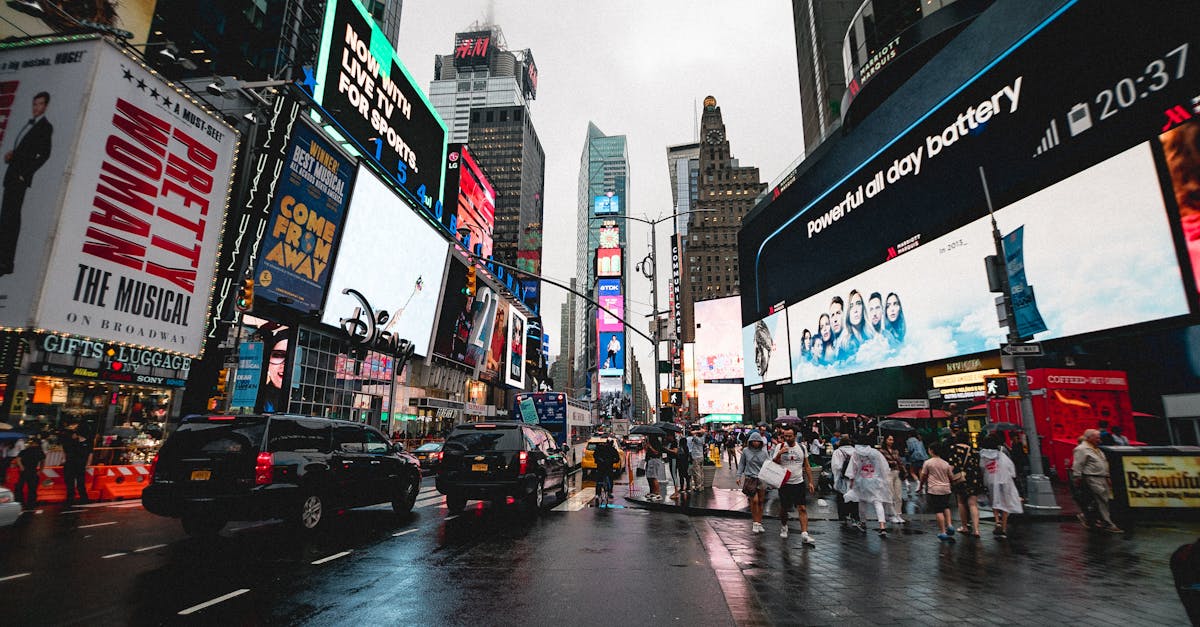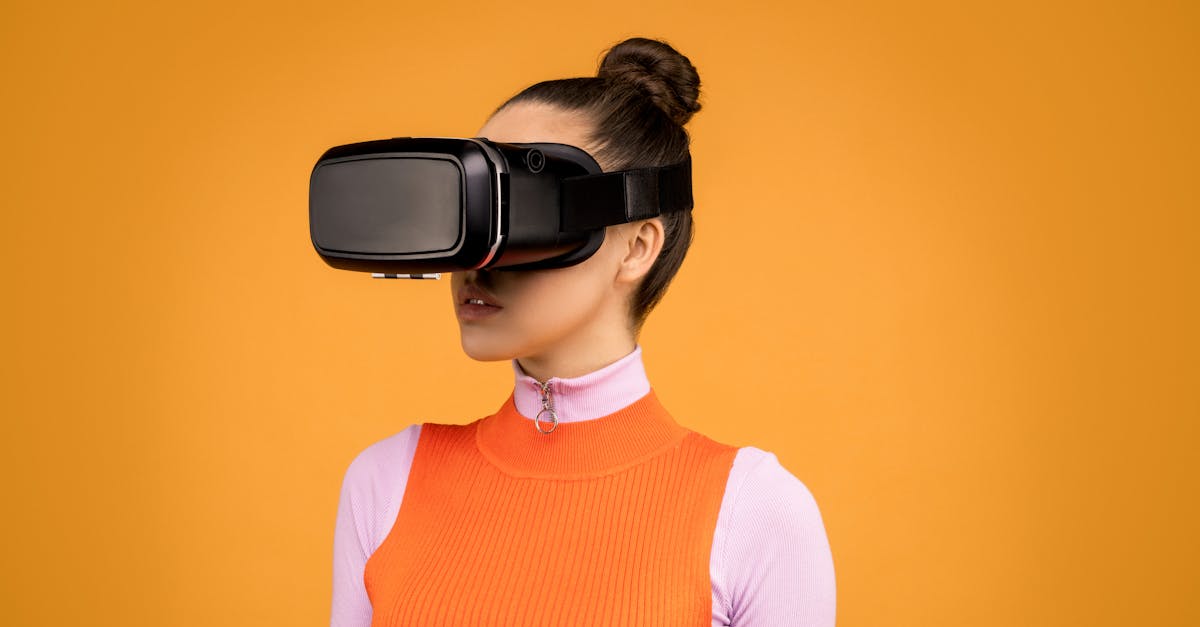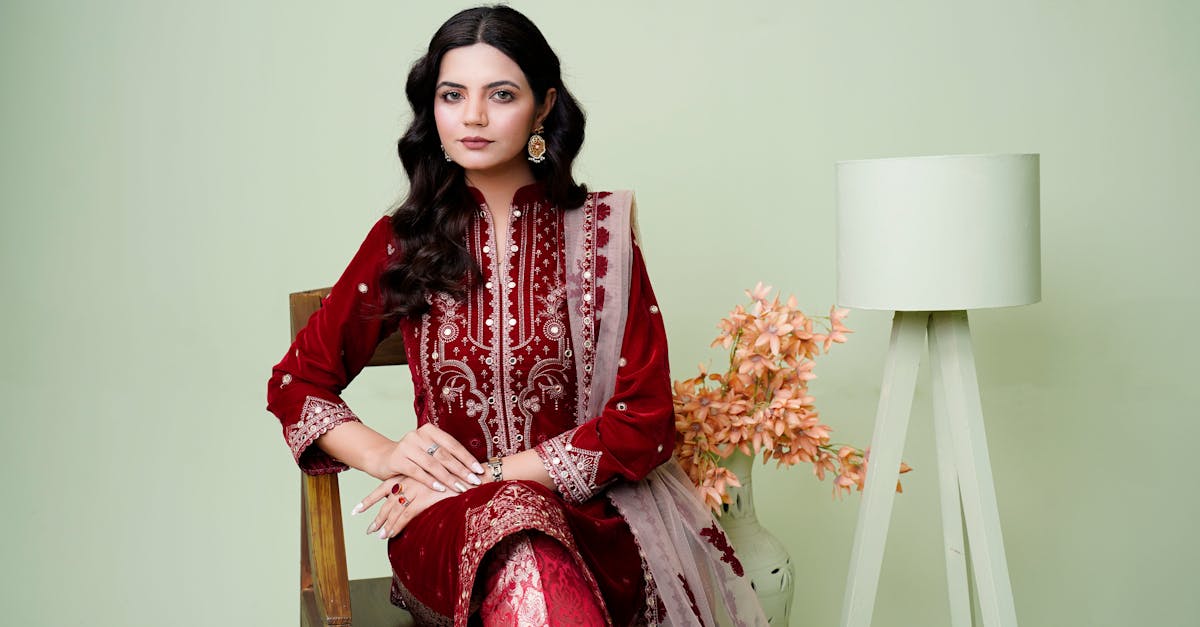Exploring the Frontiers of Mindful Fashion
Introduction
The world of fashion is undergoing a transformative journey, marked by a growing emphasis on mindfulness and sustainability. As climate change and environmental concerns take center stage, the fashion industry is reimagining its practices to align with ethical and ecological values. The concept of mindful fashion addresses the growing demands from conscious consumers seeking ethically produced clothing that respects both people and the planet. This new frontier in fashion not only focuses on creating beautiful garments but also emphasizes the processes and principles behind them. Innovations in materials, production methods, and business models are driving the shift towards a more responsible fashion future. In this article, we will explore the evolution, key players, and challenges within the mindful fashion landscape.
Advertisement
Understanding Mindful Fashion
Mindful fashion is about creating clothing with intention and thoughtfulness. It encompasses the production, distribution, and consumption phases, aiming to reduce the industry's negative impact. Primarily, it focuses on the entire lifecycle of a garment, from design to disposal, emphasizing transparency and ethical practices. This approach considers the wellbeing of garment workers, ensuring fair wages and safe working conditions, as well as environmental stewardship. Mindful fashion encourages brands and consumers to question the true cost of clothing, prompting pivotal changes in purchasing behavior. As awareness grows, consumers are seeking out brands that prioritize sustainability, pushing the industry towards more eco-friendly practices.
Advertisement
Innovative Materials and Techniques
The development of innovative materials is at the forefront of the mindful fashion movement, with natural and sustainable fibers taking precedence. Designers are turning to organic cotton, linen, hemp, and bamboo, as well as innovative fabrics like Tencel, made from sustainably sourced wood pulp. These materials require fewer resources and are gentler on the environment during production. Additionally, techniques such as upcycling and recycling reduce waste by transforming discarded materials into new garments. Digital technologies are also playing a role, with 3D knitting and digital pattern-making reducing fabric waste by up to 30%. These advancements are setting the stage for a more sustainable fashion industry.
Advertisement
Circular Fashion Economy
At the heart of mindful fashion lies the concept of a circular economy. Unlike the traditional linear model of 'take, make, dispose,' a circular economy aims to keep resources in use for as long as possible. This involves designing for durability and reusability, advocating for 'slow fashion' that emphasizes quality over quantity. Brands are adopting resale models, such as second-hand platforms, encouraging consumers to extend the life of clothing. Rental services are also gaining traction, allowing customers to enjoy fashion without the commitment. This shift not only benefits the environment by reducing waste but also offers new business opportunities, driving economic growth within a sustainable framework.
Advertisement
Ethical and Transparent Production
Mindful fashion places significant importance on ethical production, spotlighting fair labor practices and transparent supply chains. Consumers are demanding transparency, wanting to know where and how their clothes are made. Brands that disclose details about their sourcing and manufacturing processes foster trust with their audience. This transparency allows consumers to make informed choices, supporting brands that align with their values. To ensure ethical standards, some brands are obtaining certifications from organizations like Fair Trade and the Global Organic Textile Standard (GOTS). By prioritizing ethical production, brands are redefining industry norms, striving for a fairer and more equitable future for all involved.
Advertisement
The Role of Technology
Technology is a driving force in the realm of mindful fashion, advancing sustainable practices and consumer engagement. Blockchain technology is enhancing transparency, providing consumers with access to product origins and supply chain details. Artificial intelligence aids in optimizing production processes, reducing waste and energy consumption. Virtual reality (VR) and augmented reality (AR) offer immersive shopping experiences while minimizing returns by providing more accurate sizing information. Mobile apps and online platforms connect consumers with sustainable brands and promote environmental education. As technology evolves, it continues to unlock new potential for the mindful fashion industry, enhancing sustainability across the board.
Advertisement
Challenges Facing Mindful Fashion
Despite its progress, mindful fashion faces several challenges that must be addressed to thrive. One major hurdle is the higher cost associated with sustainable materials and ethical labor, which often results in higher product prices. This can limit accessibility for some consumers, hindering widespread adoption. Additionally, the industry struggles with greenwashing, where brands falsely claim to be sustainable to attract conscientious consumers. Overcoming these challenges requires collaboration between brands, consumers, and policymakers to promote genuine sustainability practices. As awareness and demand increase, it is crucial for the industry to remain steadfast in its commitments, ensuring that mindful fashion transcends mere trend status.
Advertisement
The Consumer's Role
Consumers play a vital role in the success and growth of the mindful fashion movement. They hold the power to drive change by supporting brands that align with ethical and sustainable principles. By making informed purchasing decisions, consumers can influence industry practices, encouraging companies to adopt more responsible methods. Additionally, consumers can choose to shop second-hand, participate in clothing swaps, and embrace the concept of 'less is more.' Educating oneself about materials, production processes, and brand practices is essential for fostering meaningful change. Through intentional engagement, consumers become active participants in shaping the future of fashion.
Advertisement
The Future of Mindful Fashion
The future of mindful fashion holds promise as more stakeholders embrace the values of sustainability and ethics. Anticipated advancements include the integration of sustainable practices into mainstream fashion, driven by conscious consumer demand. Collaborative efforts, including partnerships between brands, NGOs, and governments, are set to address systemic issues within the industry. Future innovations will likely involve further technological integration, pushing boundaries in material science and production techniques. As the industry progresses, mindful fashion will play a crucial role in harmonizing art, culture, and commerce, carving a path towards a more sustainable world. With each step, the potential for a transformed fashion landscape becomes increasingly tangible.
Advertisement
Conclusion
In summary, the mindful fashion movement represents a pivotal shift in the fashion industry, emphasizing sustainability, ethics, and transparency. With innovative materials and circular economy practices leading the way, the industry is taking meaningful steps toward reducing its environmental footprint. While challenges such as cost and greenwashing persist, the drive from consumers and technological advancements create a hopeful outlook for the future. Mindful fashion not only shapes the way consumers interact with clothing but also paves the way for a more responsible industry. As we move forward, the commitment to mindfulness and sustainability will redefine fashion, ensuring it thrives within a conscientious global community.
Advertisement








